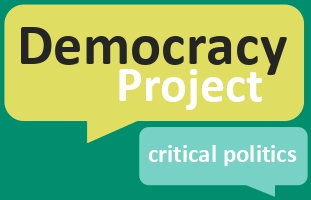The foreign affairs puzzle facing New Zealand’s new Government
New Zealand’s new Government will need to hit the ground running on foreign affairs. Determining New Zealand’s full response to the war in Gaza and the fallout in the wider Middle East will be the first major test for whoever takes the foreign minister’s role. New Zealand has been run by a Labour caretaker administration since elections were held on October 14. But the final results are now in – and once coalition negotiations are out of the way, a new right-leaning government will take office. During the transition period, caretaker Labour Prime Minister Chris Hipkins and outgoing foreign minister...

